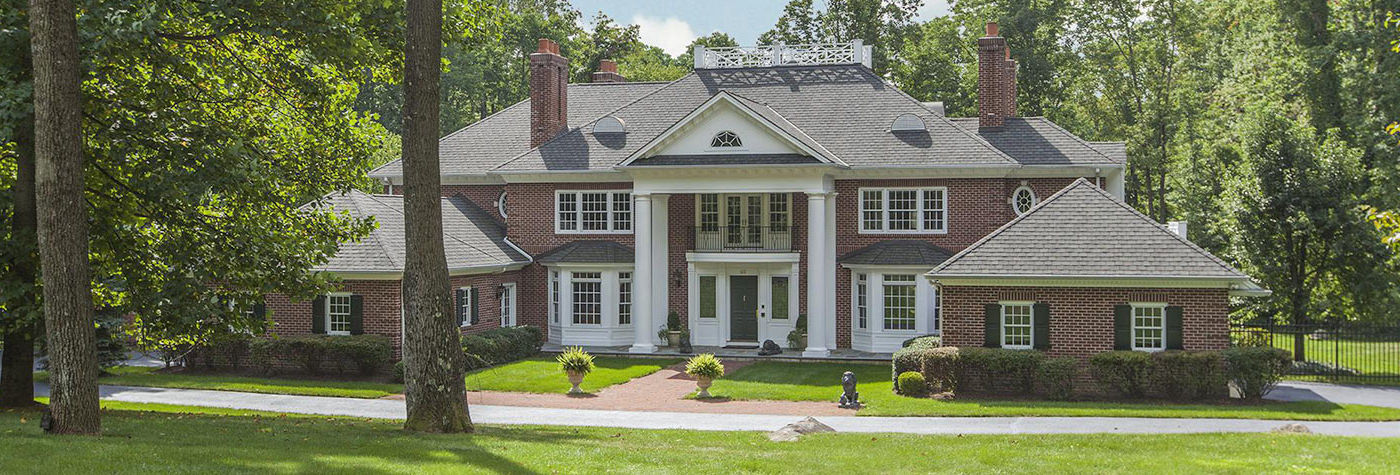Jumbo Loans

A Jumbo Mortgage Loan, is considered a non-conforming loan, is a loan for an amount that exceeds the conventional loan limit. This limit is determined by the Federal National Mortgage Association (FNMA) or Federal Home Loan Mortgage Corporation (FHLMC) guidelines. The limit for a conventional jumbo mortgage loan is currently $ 417,000, or $ 625,000 in Alaska and Hawaii.
Jumbo Loan Questions
How do interest rates compare to conventional loans?
The interest rate on a jumbo loan is usually higher than that of a conforming loan because the risks to the lender are higher. For example, if the buyer defaults, a luxury home is hard to sell quickly at its full value. Luxury homes are simply more vulnerable to market highs and lows. Because of this, jumbo loan interest rates usually run between .25% and .5% higher, and have jumped as high as 1% higher during times of housing turmoil or high investor anxiety. Other factors that determine the interest rate include property types and mortgage amounts.
Do jumbo loans require a down payment?
Yes. In fact, lenders often require a higher than usual down-payment on a jumbo loan, commonly an additional 5%, in an attempt to alleviate the high risk they assume by carrying the loan.
Can you refinance a jumbo loan?
Yes, but many avoid doing so because of the expense involved with repaying the closing costs. Some lenders offer an extension and consolidation agreement, so those who want to refinance will not have to pay the mortgage tax again on the same principal balance. For those who do choose to refinance, title insurance companies sometimes offer up to a 50% discount (often required by law for those refinancing within 1 year to 10 years, the largest discount coming during the 1st year).
Are jumbo loans only used for 2nd homes or vacation homes?
No. In fact, homes in many big cities and their surrounding suburbs require a jumbo loan because of the steep rise in housing prices. To make these loans more affordable, some lenders offer a 40 or 50-year repayment option. Others give borrowers the option of making interest only payments, allowing borrowers to purchase homes that would have been otherwise impossible to afford.
Do I have to maintain Private Mortgage Insurance (“PMI”) on a jumbo loan?
Not always. There are ways to avoid paying PMI. PMI is only required for those who borrow more than 80% of the value of their home. As long as the Loan to Value (“LTV”) ratio is under 80%, PMI is optional. Many choose to split the mortgage into two parts, borrowing 80% with a jumbo loan and borrowing the rest with a higher interest 2nd mortgage. This alleviates the need for PMI on the primary/jumbo loan.

